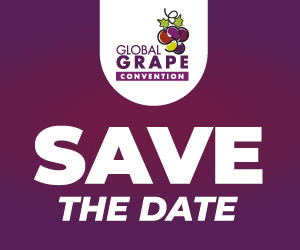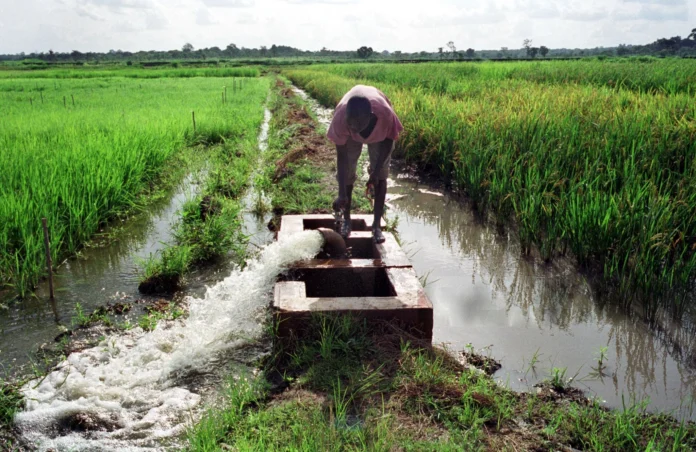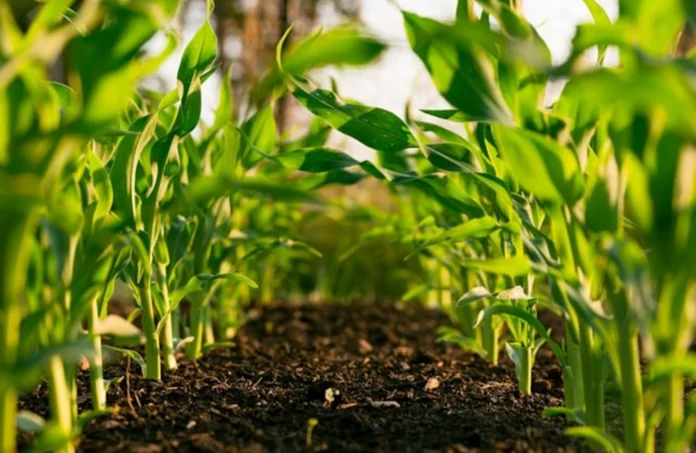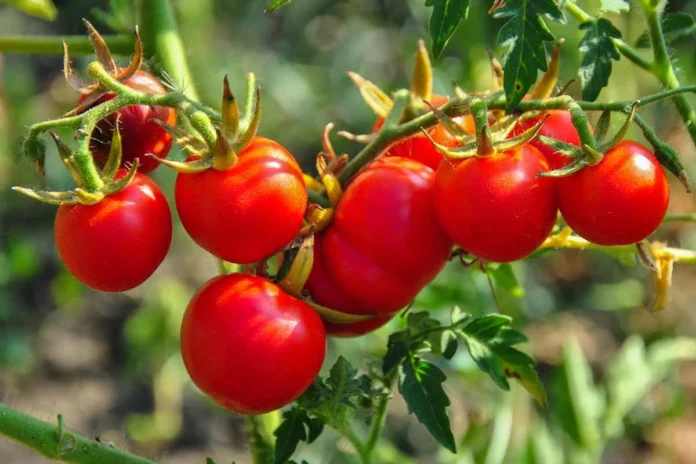Arabfields, Béjaïa, Algeria — In a significant step toward revitalizing Algeria’s cork oak forests and empowering local communities, a three-day training workshop on the domestication of Perfume, Aromatic, and Medicinal Plants (PPAM) concluded in Béjaïa from October 6 to 8, 2025. This event, the second in a series under the ambitious “Rehabilitation and Integrated Sustainable Development of Algerian Cork Oak Forest Production Landscapes” project, commonly known as Suberaie, builds on a prior session in Tlemcen, targeting pilot wilayas (provinces) to foster sustainable forest management and economic diversification.
The Suberaie project, funded by the Global Environment Facility (GEF) with a grant of USD 3.41 million and co-financed to a total of USD 24.47 million, aims to conserve, sustainably harvest, and manage Algeria’s globally significant cork oak (Quercus suber) ecosystems. Implemented by the Food and Agriculture Organization (FAO) and executed by Algeria’s Directorate-General for Forests (DGF) under the Ministry of Agriculture, Rural Development, and Fisheries (MADRP), the initiative addresses the degradation of these forests, which span vast areas in northern Algeria and face threats from overexploitation, wildfires, and climate change. By integrating non-timber forest products (NTFPs) like PPAM into local economies, Suberaie seeks to improve practices across 18,530 hectares of unprotected landscapes and 4,000 hectares within protected areas, ultimately benefiting 60 small and medium-sized enterprises (SMSEs) and community-based organizations (CBOs), with a focus on gender equity, targeting at least 40% women participation in pilot sites.
The Béjaïa workshop drew 28 participants from diverse sectors, reflecting the project’s emphasis on collaborative governance. Attendees included representatives from the Béjaïa Forest Conservation Authority, Gouraya National Park, the DGF, the Project Management Unit (UGP), local associations, and neighboring project holders, individuals and groups living adjacent to forest areas who stand to gain from sustainable initiatives. This inclusive approach underscores Suberaie’s commitment to involving riverains (local residents) in decision-making, ensuring that conservation efforts align with community needs.
Over the three days, the training delved into the technical and regulatory foundations of Algeria’s PPAM sector, highlighting its multifaceted importance. PPAM, encompassing plants like lavender, rosemary, and thyme, play a crucial role in Algeria’s socio-economic fabric, where traditional medicine is relied upon by approximately 80% of the population. Ecologically, these plants contribute to biodiversity preservation, soil stabilization, and ecosystem resilience in cork oak landscapes, which are hotspots for endemic species. Economically, the sector holds untapped potential for valorization, with applications in pharmaceuticals, cosmetics, and food industries, potentially generating income for rural communities amid challenges like unemployment and desertification.
Discussions kicked off with an overview of the PPAM value chain, including the legal framework and prevailing norms in Algeria. Participants explored current hurdles, such as inconsistent production standards, limited market access, and environmental pressures from unsustainable harvesting. These exchanges were informed by Algeria’s rich ethnobotanical heritage, where aromatic and medicinal plants have been documented in regions like Tiaret and Bordj Bou Arreridj for treating ailments ranging from digestive issues to skin conditions. The workshop emphasized sustainable practices to mitigate overexploitation, drawing parallels to broader Mediterranean efforts in cork oak regeneration, where invasive species and post-fire recovery pose ongoing threats.
Building on foundational knowledge, the sessions transitioned to practical techniques for PPAM domestication, a process of cultivating wild plants in controlled settings to ensure reliable yields while reducing pressure on natural forests. Modules covered soil preparation, including pH testing and organic amendments suited to Algeria’s semi-arid soils; planting methods, such as seed propagation and cuttings; and ongoing crop maintenance, incorporating irrigation strategies adapted to water-scarce environments.
A key focus was on environmentally friendly approaches, including biological pest control using natural predators and agroecological practices that promote polyculture with cork oaks to enhance forest resilience. These methods align with Suberaie’s broader goals of integrating PPAM into cork oak landscapes, where such plants can serve as understory species, boosting overall ecosystem health.
Further sessions addressed post-harvest processes: harvesting at optimal maturity to preserve bioactive compounds, drying techniques to prevent mold, conservation methods like vacuum sealing, and packaging for market compliance. Economic valorization was a highlight, with explorations of transforming PPAM into high-value products such as herbal teas, essential oils, and cosmetics. In Algeria, where the cosmetic industry increasingly seeks natural ingredients, these opportunities could drive rural entrepreneurship.
Brainstorming yielded innovative microproject ideas, particularly empowering rural women, a demographic often marginalized in forest-dependent economies. One proposal involved artisanal soap production from PPAM extracts, leveraging local lavender and rosemary for eco-friendly, income-generating ventures. Such initiatives resonate with Suberaie’s target of supporting SMSEs through NTFP commercialization, including traceability systems to ensure sustainable sourcing.
The workshop culminated in a field excursion, bridging theory and practice. Participants visited a lavender plot allocated by the Béjaïa Forest Conservation Authority to a local entrepreneur managing an essential and vegetable oils production enterprise. This site exemplified successful PPAM domestication within cork oak peripheries, demonstrating how allocated lands can foster private-public partnerships.
At the enterprise, attendees observed the distillation process, where plant material is steam-heated to extract volatile oils, followed by drying and conditioning for commercialization. Insights into profitability, factoring in low input costs, high demand for organic products, and export potential, highlighted the economic viability of PPAM ventures. In a country where cork oak forests have declined due to aging stands and regeneration challenges, such models offer a pathway to diversification.
The session wrapped up with the distribution of participation certificates, symbolizing the trainees’ commitment to implementing learned best practices. Feedback from participants underscored the workshop’s value in building capacities for sustainable PPAM management.
Through events like this, the Suberaie project solidifies its role as a catalyst for innovation and inclusivity in Algeria’s forestry sector. By promoting a national PPAM industry rooted in durability, community involvement, and ecological stewardship, it addresses pressing issues like biodiversity loss and rural poverty. As Algeria grapples with climate variability, initiatives like Suberaie not only rehabilitate landscapes but also empower communities to thrive amid environmental challenges, paving the way for a greener, more prosperous future.












